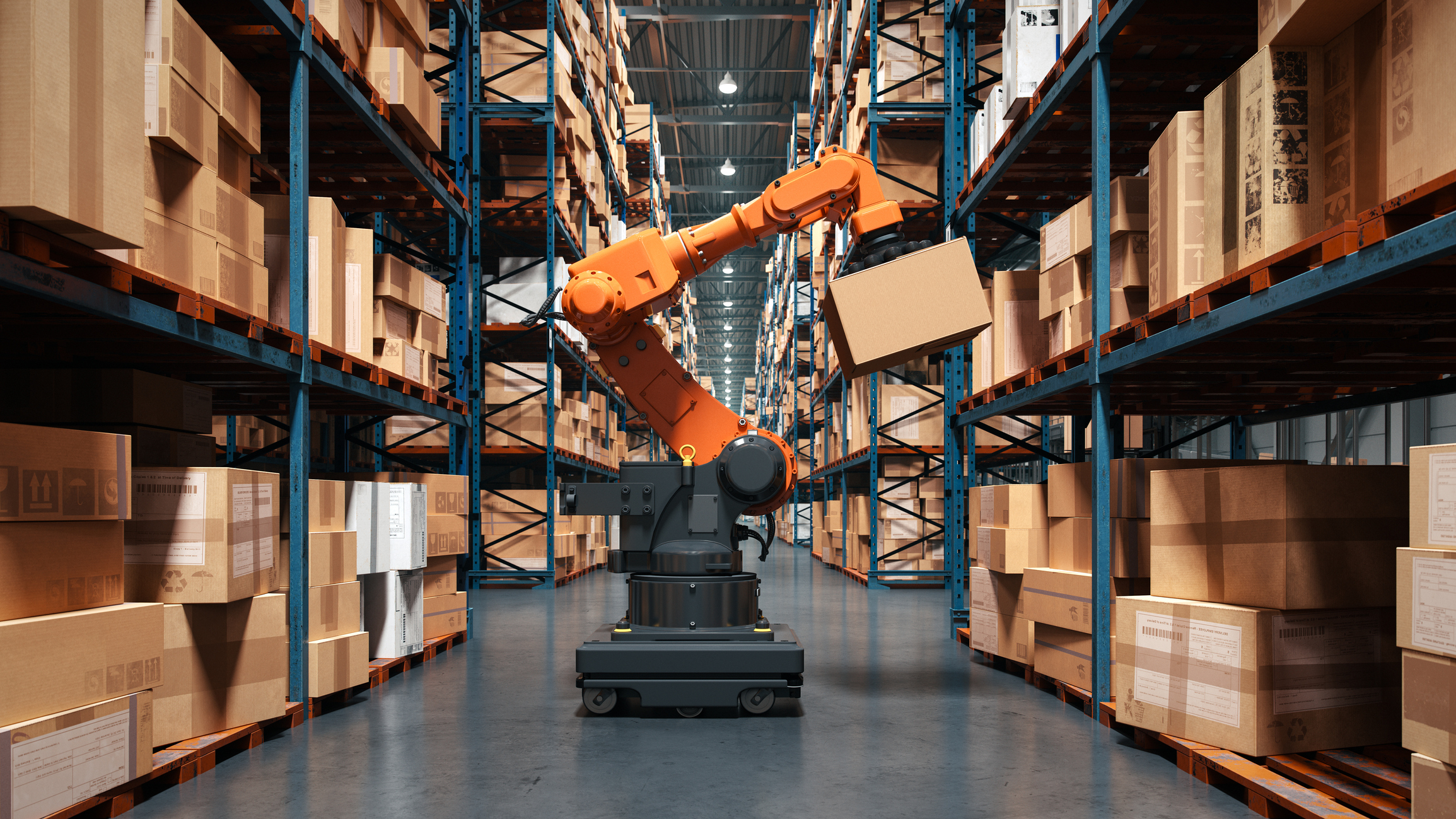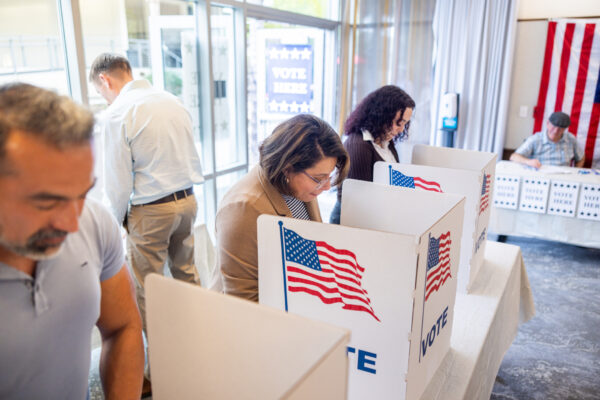As tariffs send shockwaves through the global economy, one of the areas of policy debate is about the future of manufacturing jobs. Tariff advocates want to see those jobs brought back to the US, while many tariff critics say many of those jobs could be automated so the negative impact to the rest of the economy was unnecessary. In our latest survey for Winning the Issues (April 8-10), we looked at voter expectations about automation in future manufacturing jobs.

Two-thirds of the electorate (66%) believe many manufacturing jobs of the future will be automated rather than done by assembly line workers (15%). Across party, this prospect comes as little surprise. The overwhelming majority of independents (69%) and Democrats (72%) expect those future jobs to be automated. Among Republicans, there is a slightly higher percentage with the expectation that those jobs will still be performed by assembly line workers (23%) but the majority (57%) believe they will be automated. Among 2024 Trump voters, the result is very similar (57-21, 22% don’t know).

By education level, 60% of those with less than a college degree believe many future manufacturing jobs will be automated, with an even higher percentage of those with bachelor or graduate degrees (73%). The same trend is consistent across age categories (millennial/Gen Z, 65-18; Gen X, 65-15; Baby Boomer, 67-12).
While the longer term implications may not be fully realized, the trajectory toward automation is something the electorate believes is on its way. As the economy continues to reel from tariffs, this is another question voters are likely to pose about this economic strategy.







